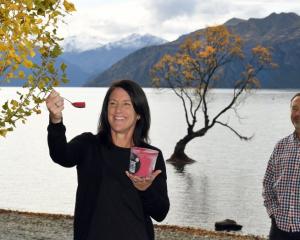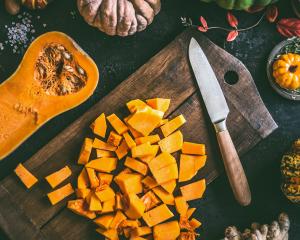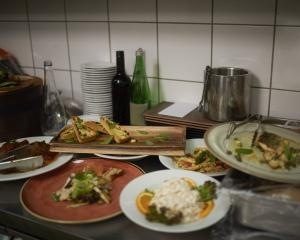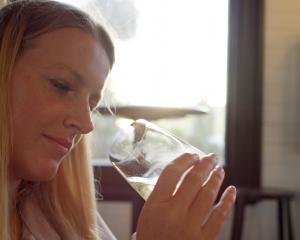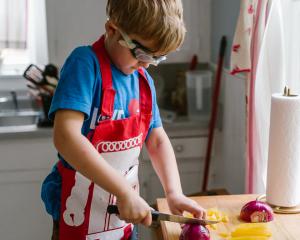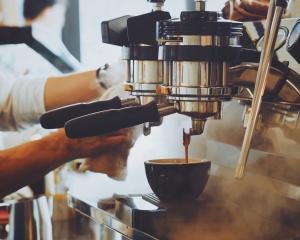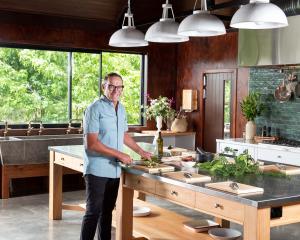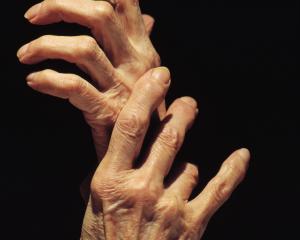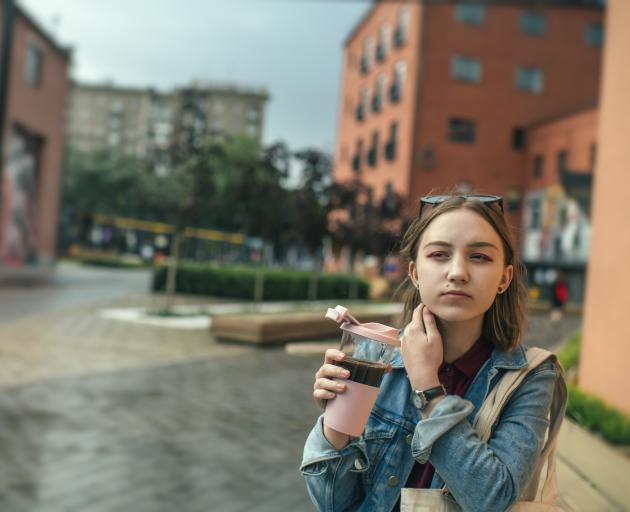
At the beginning of the month, a ban on single-use plastic bags was enforced in supermarkets and retail outlets across New Zealand.
According to National Geographic, 8.3billion metric tons of plastic now exists - most of which is not recyclable. Instead it's buried in the earth, or swimming in our oceans, either strangling or being consumed by sea life, some of which is, in turn, consumed by us.
There are plenty of advocates for plastic-free living. So how hard is it to ditch the stuff altogether?
The history
Plastic was born of a competition involving the game of billiards. Originally, billiard balls were made from ivory. But in 1869 a New York firm put out a call to create an alternative. It was answered by John Wesley Hyatt with a revolutionary new product: plastic.
In 1907, Leo Baekeland invented the first fully synthetic plastic, Bakelite. An alternative to shellac, it was durable, heat resistant and an electrical insulator, which became crucial in stringing electricity across America. Nothing short of a modern wonder, it was coined ''the material of a thousand uses'': it could be moulded into anything and quickly became the favoured product over steel, wood and other natural materials.
During World War 2, plastic was turned to as an easy, mass-produced substitute for natural resources.
By 1960 plastic debris was being found in our oceans. From the '70s onward, consumer favour for this modern marvel turned to distaste as it was increasingly seen as a cheap, flimsy product polluting our planet.
Now, people are despairing over how to curb the growth of literal islands of plastic such as the Great Pacific Garbage Patch, a giant glob of trash floating between Hawaii and California.

A new study titled ''Plastic & Health: The Hidden Costs of a Plastic Planet'', claims plastic is toxic to our health at every stage of its life cycle.
When it comes to daily use, the study found microplastics can break off larger items and that chemicals within plastics are linked to cancer, developmental problems and disruption to our hormone systems.
The reality
I took this on thinking I'd make a few tweaks and become a plastic-free pro. After all, my friend managed to go zero-waste as a single mum with a 3-year-old - back when the rest of us hadn't even heard of a Keep Cup. How hard could it be for child-free me to drop plastic?
Pretty tough, as it turns out. You can no longer shop in one place, or buy for value. Shopping based on packaging is penalising: it costs more in time and money. For example, 1kg of brown rice at Countdown is $3.25. It comes in plastic. At a plastic-free refillery it's $6.20 for 1kg. Hiking out to Bin Inn, I found the same amount for $3.50. Then it took me half an hour to get home.
Meanwhile, there was plenty on my usual shopping list for which I just could not find plastic-free options: smoked salmon, nori sheets for sushi, tortillas, bagels, fresh pasta and most cheeses. And at my local Countdown, there's no option to buy meat that's not in plastic.
But there was an unexpected positive. I actually lost weight from going plastic free. Because so many processed foods come in plastic - crackers, sauces, dips, pies, lollies - I was effectively forced into more of a plant-based diet. Fruit, vegetables, pulses and grains are the most readily available foods sans plastic.
However, plenty of fresh produce is still wrapped in it, especially when it's on special. I found citrus in plastic netting. Celery wrapped with plastic red bands. Cherry tomatoes in plastic tubs. Pumpkin halves wrapped in plastic. Cucumber in plastic sleeves. Rocket, bok choy, fennel - plastic, plastic, plastic.
The verdict
I'd decided ditching single-use plastic bags seemed piecemeal, given how much plastic I was still carting home inside my reusable bags. But the more I looked into it, the more appalled I became by how pervasive the stuff is: it's in the stickers on fruit, the caps on condiment bottles, it lines cardboard yoghurt and milk cartons. Try buying things for a antipasto that don't come in plastic.
Attempting plastic free was a good exercise in awareness. And I've made some simple changes to minimise my usage: taking my own container when I buy sushi, investing in beeswax wraps, buying a bamboo toothbrush, opting for bulk-bin dry goods and making more of my own food. Although you'll need to be prepared to limit your variety and overlook the extra cost, going plastic free isn't just good for the environment, it's good for your health, too.
Comments
"People started pollution, people can stop it". Yeah right. Only the root problem are corporations who produce hundreds of millions of tonnes of plastic annualy, not the ordinary consumers. They would produce cheap drugs and do the human trafficking at scale too if that was legal.

